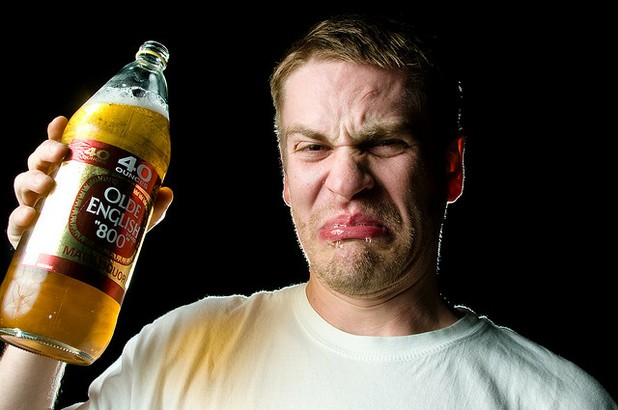- Story Highlights
-
- Prices Go Up and Deaths go Down: Raising the price of the cheapest alcohol by 10% resulted in a 32% drop in deaths
- Affects Hardest Drinking Most: Raising the average minimum price affects those who buy the cheapest/strongest alcohol most
In B.C. - Upping Alcohol Prices by 10% Cuts Deaths by a Third
A Canadian study shows that raising the costs of the cheapest alcohol by 10% cuts alcohol related deaths by as much as a third.
So what if that beer costs a few cents more…could a small price increase really affect people’s drinking habits?
Well, according to researchers at The University of Victoria’s Centre for Addictions Research, between 2002 and 2009 in British Columbia, Canada, a 10% increase in average minimum alcohol pricing resulted in a 32% drop in alcohol related deaths.
To come to this conclusion, the researchers sifted through provincial death medical records over the 7 year study period to identify people who died wholly or partly because of alcohol consumption, and they grouped these people into one of three categories:
- Completely Alcohol Caused Deaths – people who died from alcohol poisoning, fetal alcohol syndrome, alcoholic gastritis, alcohol psychosis, alcoholic pancreatitis and alcoholic cardiomyopathy
- Acute Alcohol Attributable Deaths – Alcohol related suicides and accidental injuries leading to death
- Chronic Alcohol Attributable Death – Deaths caused by chronic alcohol related diseases, such as cirrhosis of the liver and stomach, mouth, esophagus and breast cancers
Key Study Findings
Raising the average minimum price by 10%:
- Caused a 32% reduction in completely alcohol caused deaths
- Caused a substantial decrease in chronic alcohol deaths, though the death rate here didn’t start to go down until a couple of years following the introduction of raised minimum pricing
Commentary
A common argument raised against upping average minimum alcohol pricing is that it punishes healthy consumers while failing to dissuade problem drinkers.
The researchers argue, however, that by raising the costs of the cheapest alcoholic drinks you decrease consumption most among the heaviest drinkers, who tend to buy these better ‘value’ alcoholic drinks.
Commenting on the findings, lead researcher Dr. Tim Stockwell notes, "This study adds to the scientific evidence that, despite popular opinion to the contrary, even the heaviest drinkers reduce their consumption when minimum alcohol prices increase. It is hard otherwise to explain the significant changes in alcohol-related deaths observed in British Columbia."
Read the full study results in the journal, Addiction.


